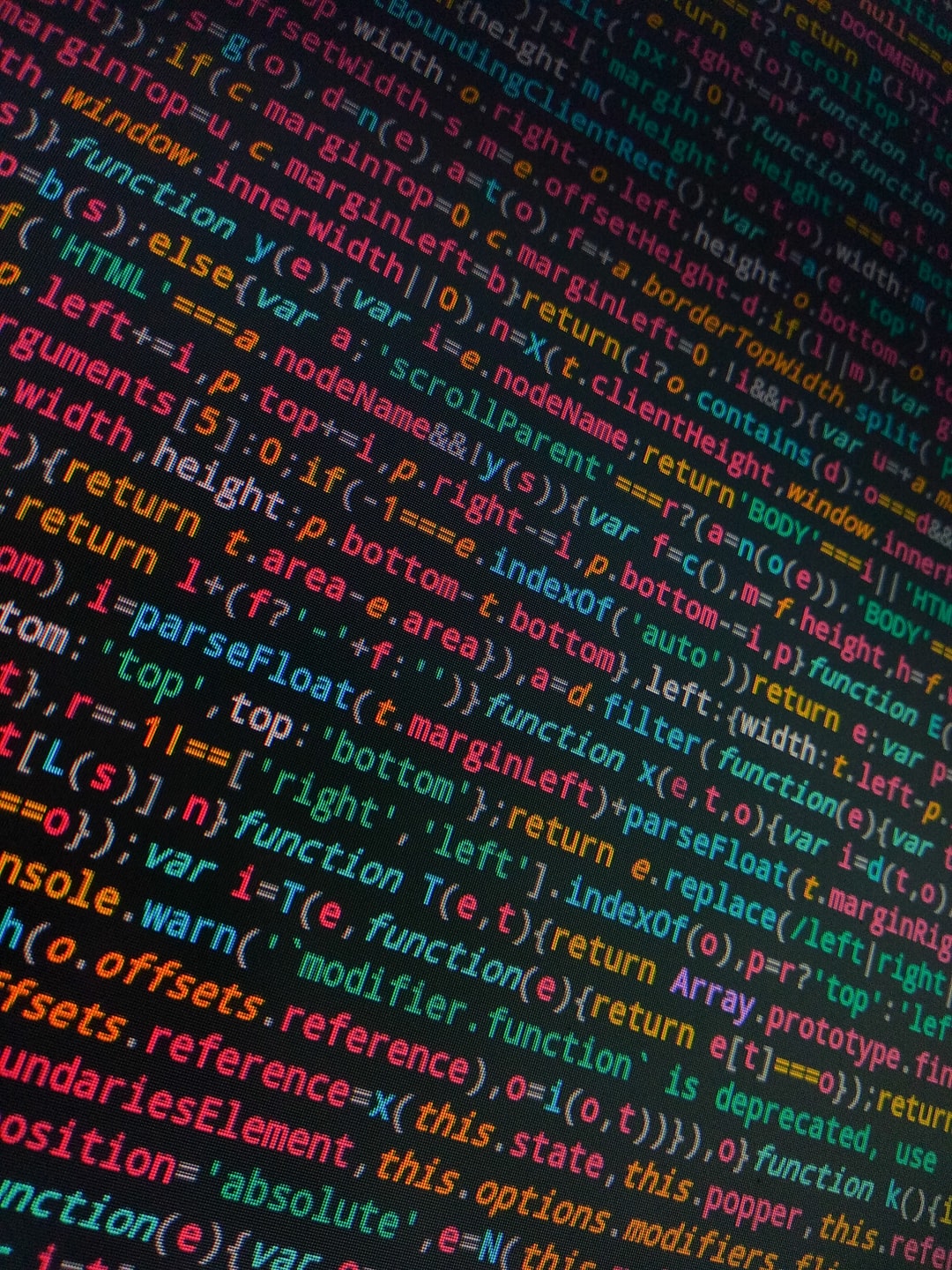Collective Intelligence
One of the characteristics that makes the human species very unique is its collective intelligence. There are no other species on the planet that shares a knowledge base built over thousands of years, with their offspring. The predicament here is that this knowledge base is non-exhaustive, multidimensional and is expanding at a tremendous rate, yet humans have only about 40-50 limited years of their entire life to acquire, master and employ part of this collective intelligence for creation. This period is starting to be inadequate for humans and therefore, like ants, humans collaborate. They acquire specialized knowledge in various fields, come together and create astonishing things.


Open source
In 1991, a computer science student named Linus Torvalds created Linux without foresseing that, almost 30 years later, more than a third of the World Wide Web will run on his creation, or that his creation would be used on devices such as cell phones and supercomputers.
Not just that, his act of making the source code of his OS publicly available brought a paradigm shift in the software industry, which at that time was only proprietary. This was the beginning of the popularisation of open source in modern times, well, at least in the technology industry.
The concept of Open collaboration has been there since time immemorial. It all boils down to the fact that when more brains from different backgrounds work to solve a specific problem, the solution is refined to a near perfect level, and when that solution or design is available for others to use unconditionally, each individual uses their innovative skills to build on that. In the process, amazing things are created. Imagine whether the concept of patenting and proprietary design existed at the time when someone invented wheels. It would have taken much longer to get to where we are today in terms of the technology we see around us.
Open source reduces the cost and time of development of new designs, making it possible for the end product to be cost-efficient, and of high quality. As a result, a bigger percentage of the world's total population can afford a good quality but cost-effective end product.
Changing the rules
In the early days of this change, there was a lot of scepticism about how open source would be a blunder and massively affect revenue generation. There were also concern in the software industry about how making the source code available to the public would jeopardize the security of the software and help hackers exploit the weak parts of the code. The turn of events were however, completely unexpected. Instead of hackers, it was the fellow coders and programmers that turned up and pointed out the loopholes and ways to fix it, making the code base more robust and secure. Also restoring our faith in humanity. Sharing the code base of software also helps the academic community to impart better skills to budding tech-enthusiasts.
Open source is a fantastic example of how some things may not work in theory but end up being game-changers in practice. Wikipedia being the flag bearer here.

Over time, the philosophy of Open Source has spread to many other sectors, fuelling other initiatives and movements. Such as open innovation, open hardware, open content, open government and even open religion. Like these, open education is another sector that seems to be very useful. It removes the barriers that may inhibit individuals from acquiring diverse knowledge bases, such as academic admission requirements; promoting learner agency, empowerment, and global civic engagement. It enables individuals to maximise their creativity by learning and specialising in skill sets. For eg. Programming.
Industrial Shields is a company working under the umbrella of open hardware. We use already existing, very well designed and tested open hardware and build over it. Giving it a more specialised and focused purpose. This hardware supports a long list of proprietary software, but a longer list of open source software. This allows users to have a great industrial quality product at a very reasonable price, with no compromises and a lot of flexibility.
Seeing the trend of how open philosophy has gained traction in the last 30 years, how it has given ways to new businesses that could not be imagined before surely indicates that the future for open philosophy seems very promising and definitely is needed for our civilization to advance. The future looks open, allowing each individual to create, improve and innovate over what already exists.
Open source and Its Future